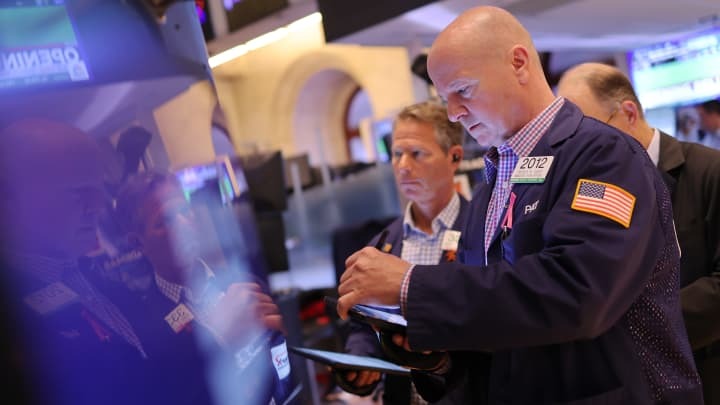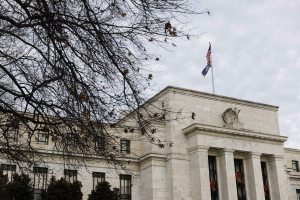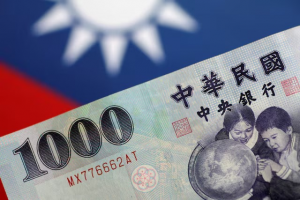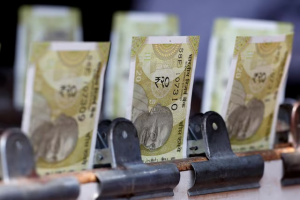European equity indices edged lower Thursday, with investors searching for new catalysts after the surge generated by the U.S.-China trade deal seemingly having run its course.
At 03:05 ET (07:05 GMT), the DAX index in Germany dropped 0.5%, the CAC 40 in France slipped 0.3% and the FTSE 100 in the U.K. fell 0.5%.
Search for new catalysts Investors responded positively to the news at the start of the week of a trade deal between China and the U.S., the two largest economies in the world.
However, more gains are proving harder to come by as investors have sobered up to the fact that there remains much uncertainty over the outlook for the global economy as well as the trade negotiations between the U.S. and the eurozone.
Volatility has dropped as investors search for new catalysts to push the market in a specific direction, with economic data and quarterly corporate results now in the spotlight.
U.K. economy shows surprising growth Britain’s economy unexpectedly grew in March, according to official data released earlier Thursday, as gross domestic product expanded by 0.2% in March from February, ahead of the expected flat reading.
GDP also grew by 0.7% in the first quarter, above the 0.6% growth forecast, with the growth largely driven by the services sector although production grew significantly too after a period of decline.
While this is undoubtedly good news, the Bank of England warned last week that it expected the growth jump in the January-to-March period would prove temporary.
3rd party Ad. Not an offer or recommendation by Investing.com. See disclosure here or remove ads. The eurozone is also scheduled to release preliminary first-quarter growth figures later in the session, and the U.K. figures could offer hope for a positive surprise.
The European Central Bank has cut interest rates seven times in the past year, and is widely expected to continue this cycle at its next meeting in early June.
Siemens impresses in Q2 There are more quarterly earnings for investors to wade through in Europe Thursday.
Siemens (ETR:SIEGn) reported stronger-than-expected results for its fiscal second quarter, with the German engineering group supported by a rebound in automation demand from China and increased train orders across the U.S. and Europe.
Merck (NSE:PROR) revised its 2025 guidance due to foreign-exchange challenges and tariff uncertainties, even as the German science and technology company reported solid growth across all three of its business sectors in the first quarter.
Thyssenkrupp (ETR:TKAG) kept its outlook for the fiscal year and expects a more stable market environment in the second half of 2025, after lower prices and demand as well as maintenance-related shutdowns caused quarterly profit at the German industrial giant to plunge.
Crude retreats on Iran nuclear deal talk Oil prices fell sharply Thursday, extending recent losses, with growing expectations of a potential U.S.-Iran nuclear deal adding to demand concerns after a surprise build in U.S. inventories.
At 03:05 ET, Brent futures dropped 3.1% to $64.06 a barrel, and U.S. West Texas Intermediate crude futures fell 3.2% to $61.12 a barrel.
3rd party Ad. Not an offer or recommendation by Investing.com. See disclosure here or remove ads. Both benchmarks lost just under 1% on Wednesday, ending a four-day rally and slipping from the two-week high reached earlier this week.
Iran is willing to agree to a deal with the U.S. in exchange for the lifting of economic sanctions, an Iranian official told NBC News in an interview published on Wednesday.
A U.S.-Iran nuclear deal could potentially allow Tehran to export more of its crude into the world market, loosening the global crude supply-demand balance.
Additionally, data from the Energy Information Administration showed crude stockpiles rose by 3.5 million barrels in the week ended May 9, suggesting that demand may be waning in the world’s largest energy consumer.













